OpenAI makes ChatGPT ‘less verbose,’ blurring writer-AI distinction
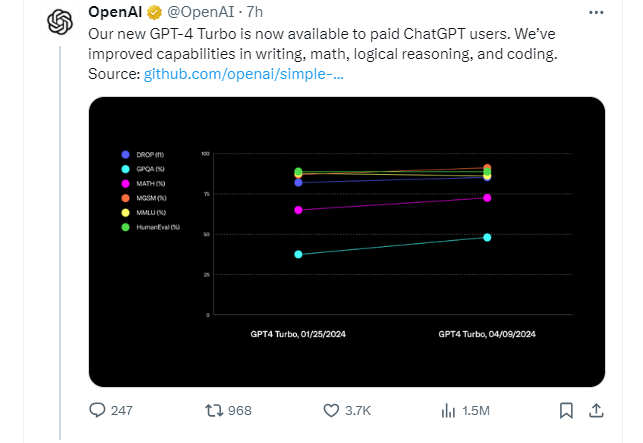
The update could worsen the ongoing challenge of writers sounding like AI despite having written the articles themselves.

OpenAI has unveiled an upgraded version of GPT-4 Turbo, one of the models that power the conversational ChatGPT experience.
This upgraded version enables the artificial intelligence (AI) tool to engage in more natural conversations. This updated version is now available to premium users subscribed to ChatGPT Plus, Team, or Enterprise plans.
OpenAI said that the latest model, “gpt-4-turbo-2024-04-09,” boasts writing, math, logical reasoning, and coding enhancements, along with an updated knowledge base.

The latest upgrade was trained on publicly accessible data up to December 2023. The previous version could only draw on material up to April 2023. OpenAI wrote in a post on X:
“When writing with ChatGPT [with the new GPT-4 Turbo], responses will be more direct, less verbose and use more conversational language.”
However, this update could worsen the ongoing challenge of writers sounding like AI despite having written the articles themselves.
On April 7, Paul Graham, the co-founder of influential startup accelerator Y Combinator, concluded that an email including the word “delve” must have been written with the help of AI.
Graham argued that the word wasn’t commonly used in everyday conversation, but many Africans — mostly Nigerians — countered, saying they used the word often. The conversation has since shifted to the fact that people from different parts of the world use the English vocabulary in diverse ways.
Graham’s post also implies that writers who speak English as a second language could lose their jobs because their work could be deemed too similar to AI-generated content.
Related: OpenAI set off an arms race and our security is the casualty
The update follows the April 10 launch of new models in OpenAI’s API, including GPT-4 Turbo with Vision, incorporating image understanding features.
According to documentation on its website, the AI developer OpenAI quietly updated the training data set for its GPT-4 Turbo to be relevant from December 2023.
The update was implemented with the intention of reducing what developers call “laziness” in a model in which it doesn’t complete tasks asked of it.
OpenAI has also eliminated the requirement for users to create an account to access its widely used generative AI tool, ChatGPT3.5.The company announced on April 1 that it would no longer require ChatGPT users to sign up to make it “easier to experience the potential of AI.” However, users without accounts cannot store their history of previous interactions.

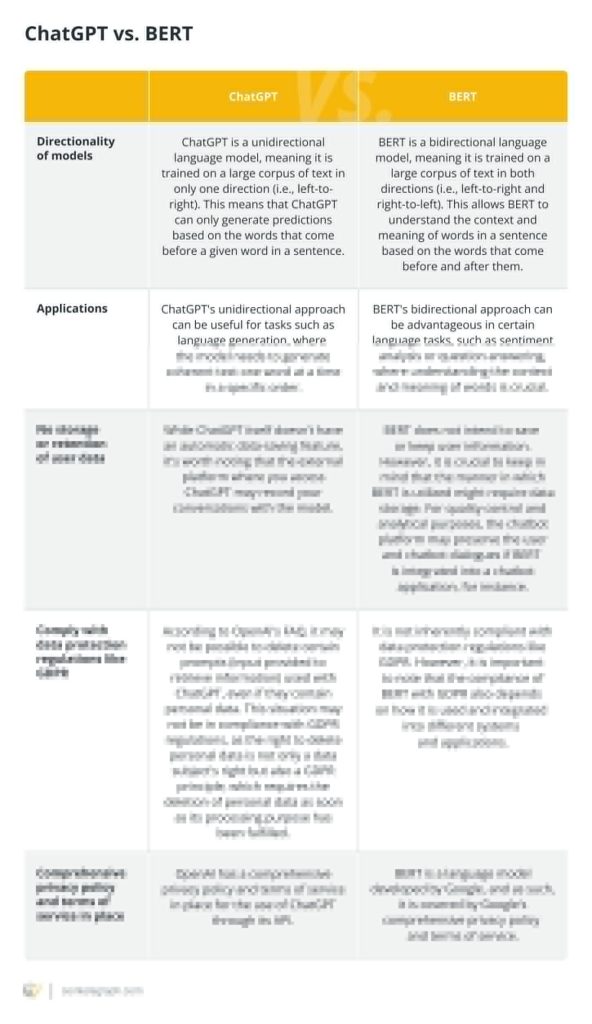
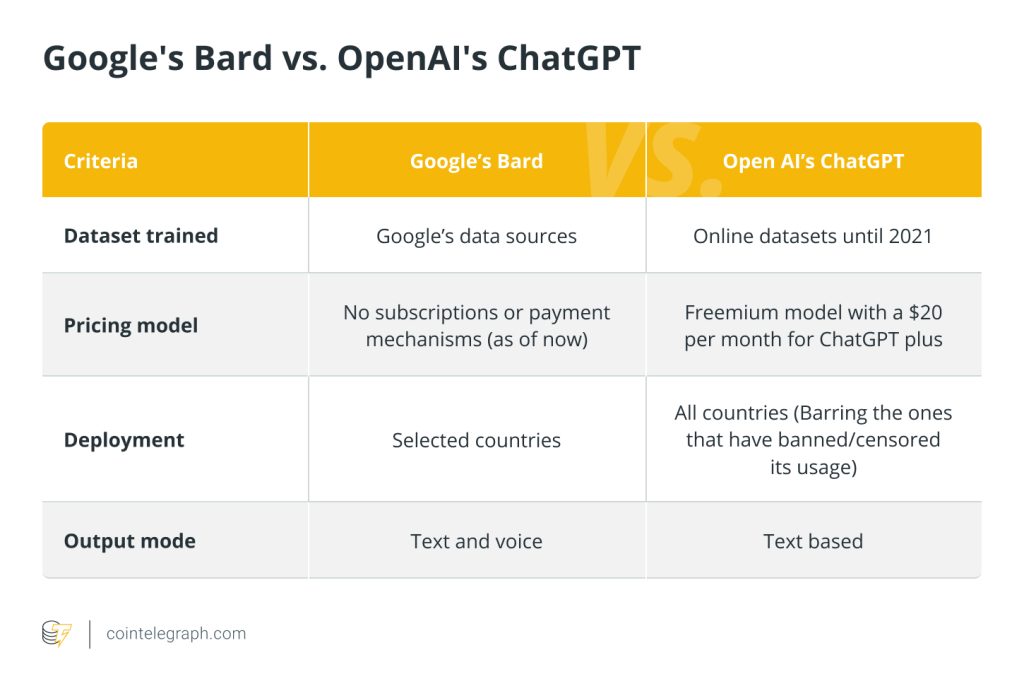
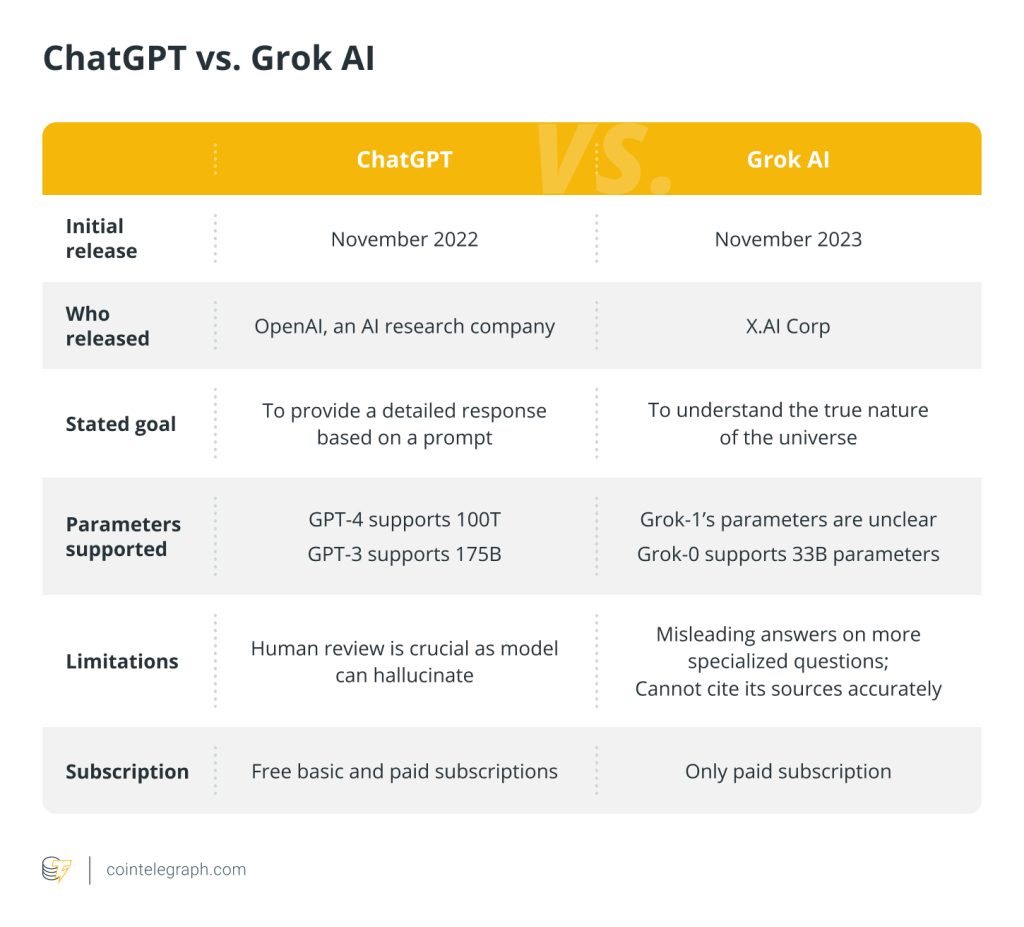
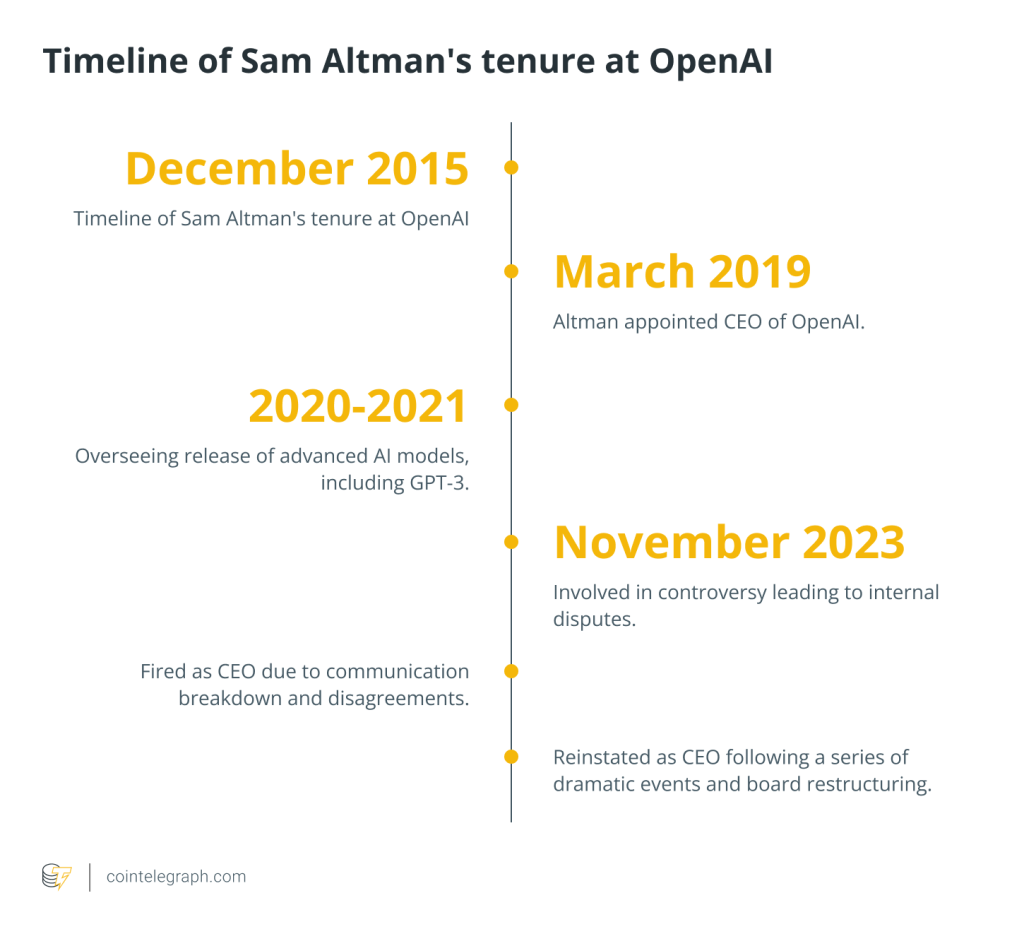

Responses